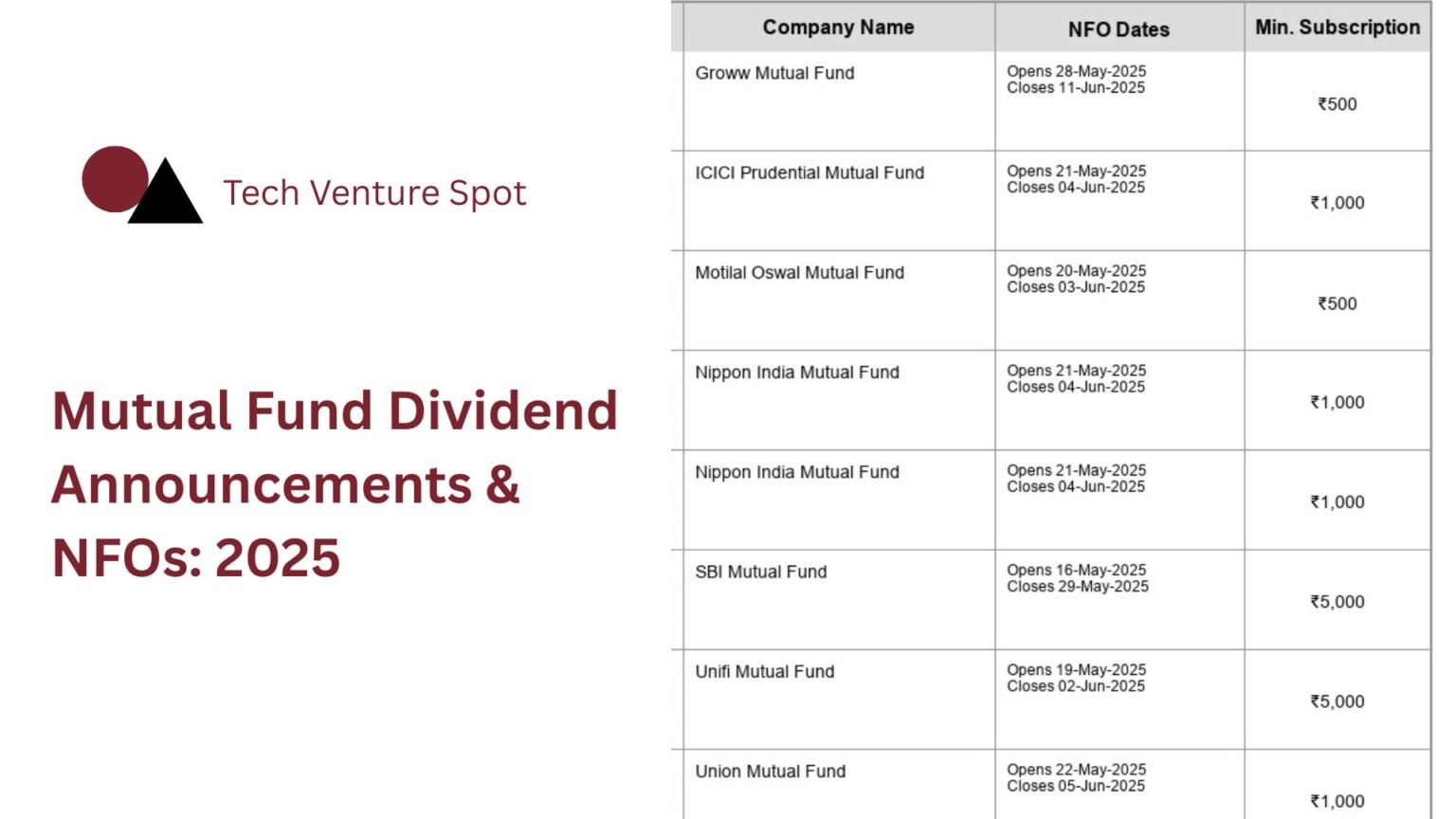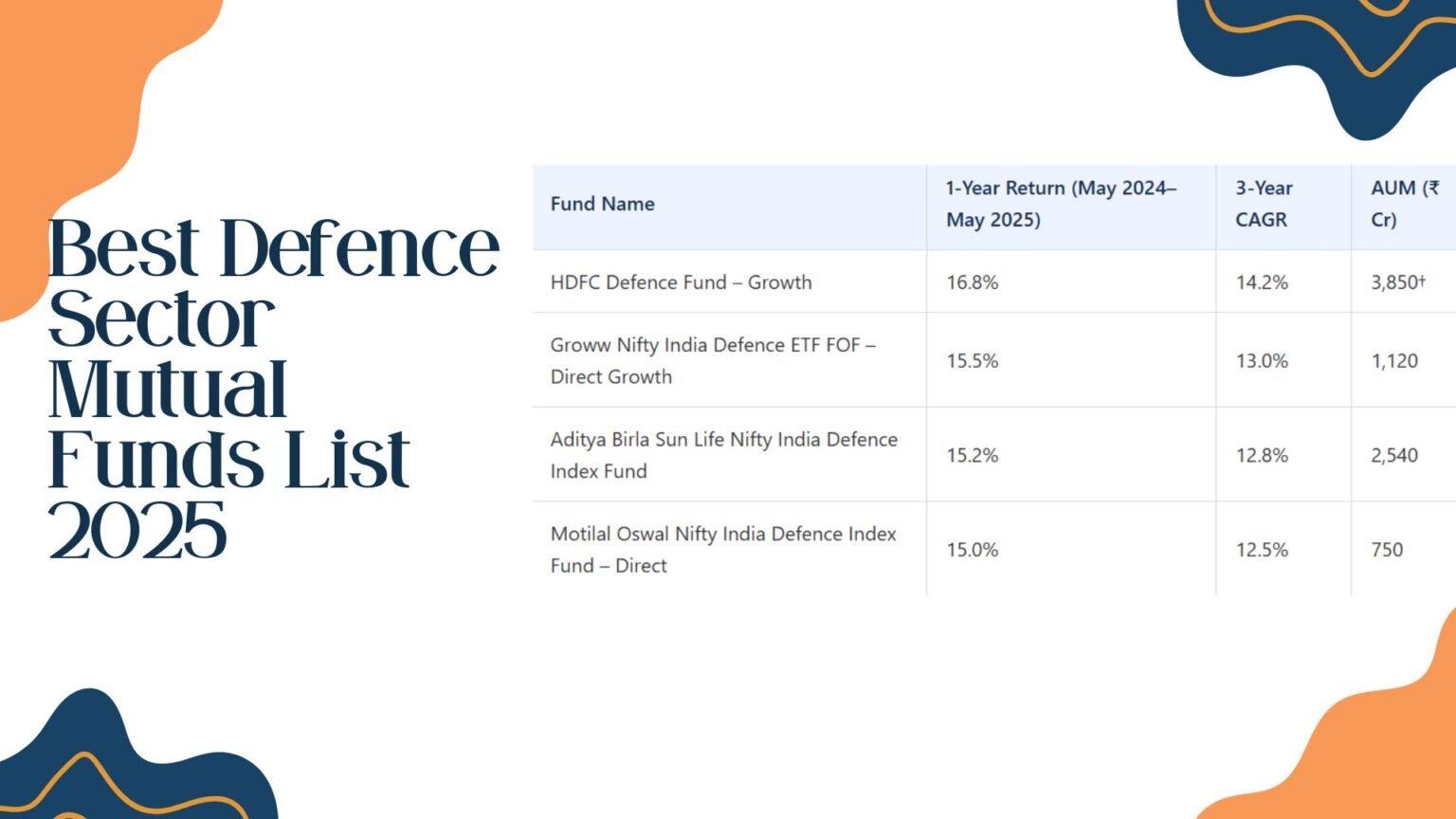Based on more than 20 years of experience in financial journalism and market analysis, this guide takes you through the key considerations, including present market trends, returns forecasts, liquidity, tax treatment, and diversification advantages to help both retail and professional investors.
Market Snapshot 2025
Real Estate
- Price Growth Projection: Home prices are expected to grow by 6.0% in 2025, following a 4.0% increase in 2024, according to analysts.
- Segment Strengths: Luxury and luxury-premium launches have been leading the market. In the first half of 2025, higher-value homes in cities like Mumbai fueled the surge.
- Supply Dynamics: Residential launches increased to 372,936 units in 2024, a 6.3% year-over-year increase.
Mutual Funds
- Average Equity Returns: Equity funds are projected to average 17.7% in the first half of 2024, with mid-cap funds frequently returning over 30%.
- Top Performers: Examples include the Invesco India Smallcap Fund with a 33.6% CAGR over five years, and the Motilal Oswal Midcap Fund recording 36.2%.
- Fund Inflows: Stable Systematic Investment Plan (SIP) contributions and reviving retail appetite have fueled growth in Assets Under Management (AUM) across categories.
Detailed Comparison: Mutual Funds vs. Real Estate
The choice between these two asset classes often comes down to individual financial goals, risk appetite, and investment horizon. The table below breaks down their key differences.
| Parameter | Mutual Funds | Real Estate |
|---|---|---|
| Initial Investment | Very low, can start with as little as ₹100 via SIPs. | High for direct property (often > ₹10 Lakhs); Low for REITs (₹100-₹500 via stock exchange). |
| Entry Barriers | Very simple. Invest online in minutes through apps or AMC websites. | Complex paperwork and legal processes for direct property. REITs are easy to buy online. |
| Liquidity (Ease of Exit) | High. Can be liquidated partially or fully anytime (except for lock-in funds like ELSS). | Low. Selling a property can take weeks or months. |
| Returns (Long-term) | Market-linked, historically 10-15% p.a. for equity funds. | Location-sensitive, typically 7-12% p.a., but with high variance. |
| Risk Level | Moderate to high, depending on the fund type (equity, debt, hybrid). | High, subject to market cycles, regulatory changes, and location dependency. |
| Management Effort | Zero. Professionally managed by fund managers. | High personal involvement for maintenance, tenant management, and legalities. |
| Diversification | Simple. A single fund can provide exposure to hundreds of stocks or bonds. | Cumbersome. A large amount of capital is concentrated in a single asset. |
| Short-Term Gain Tax | Gains on equity funds held <1 year are taxed at 15%. Debt fund gains taxed as per income slab. | Gains from property sold within 2 years are taxed at your income slab rate. |
| Long-Term Gain Tax | Gains on equity funds > ₹1 lakh are taxed at 10%. Debt funds at 20% with indexation benefit. | Gains from property sold after 2 years are taxed at 20% with indexation benefit. |
| Regular Income | Yes, via Systematic Withdrawal Plan (SWP) or dividend schemes. | Yes, through rental income. |
| Transparency | High. Daily NAV updates, portfolio disclosures, and regulation by SEBI. | Low. Pricing can be opaque, and unaccounted transactions can be a concern. |
| Leverage (Loan) | Possible through ‘Loan Against Securities’ (LAS), but less common for retail investors. | High. Home loans are a primary way to finance property, leveraging your investment. |
| Inflation Protection | Equity funds historically provide returns that outpace inflation. | Property values and rents typically rise with inflation. |
Disclaimer: Tax laws are subject to change. The information provided is for educational purposes only. Please consult with a qualified financial advisor before making any investment decisions.
What to Choose in 2025?
For Capital Appreciation
Mutual funds, particularly in the mid- and small-cap space, offer the potential for higher upside (25-35% CAGR) but come with higher volatility. High-end real estate in prime micro-markets (e.g., Mumbai luxury) offers more stable appreciation around 10-12% without daily price fluctuations.
For a Regular Source of Income
Real estate provides rental yields of 2.5% to 4%, which are tax-effective due to indexation benefits. In contrast, hybrid funds or dividend-paying mutual funds can offer cash flows of 5-7% without the hassles of property management.
For Diversification
A balanced portfolio is key. Combining direct property (or REITs) with a significant allocation to equity mutual funds (e.g., 60-70% in MFs, 30-40% in real estate) can tame volatility and harness the strengths of both asset classes.
Investor Recommendations
For Retail Investors
- Start your investment journey with SIPs in diversified equity or hybrid funds (e.g., starting from ₹500/month).
- Consider investing in REITs to gain exposure to the property market without a large capital commitment.
For High-Net-Worth Individuals (HNWIs)
- Allocate 20-30% of your portfolio to direct real estate in high-growth corridors (e.g., North Chennai, NCR suburbs).
- Supplement your mutual fund portfolio with thematic mid-cap funds focused on structural growth sectors like technology or consumption.
For Professional and Institutional Investors
- Utilize data and property analytics to make selective investments in high-end residential and commercial segments.
- Leverage market cycles by using systematic investment approaches in sector-specific or thematic funds.






Pingback: Best International Mutual Funds in India 2025